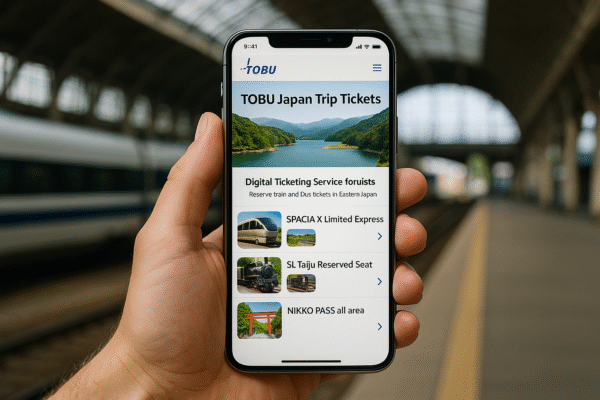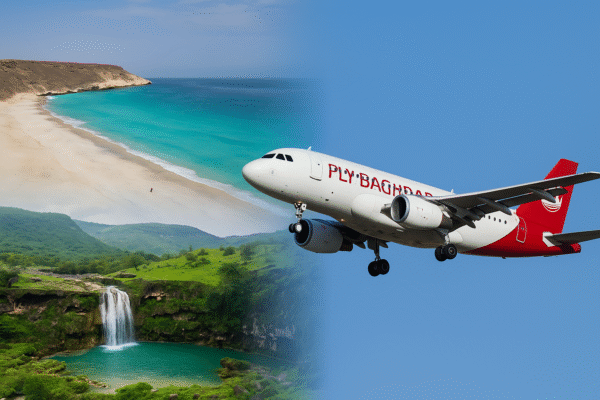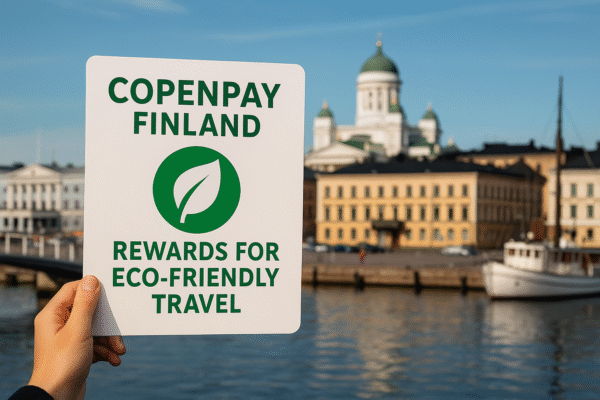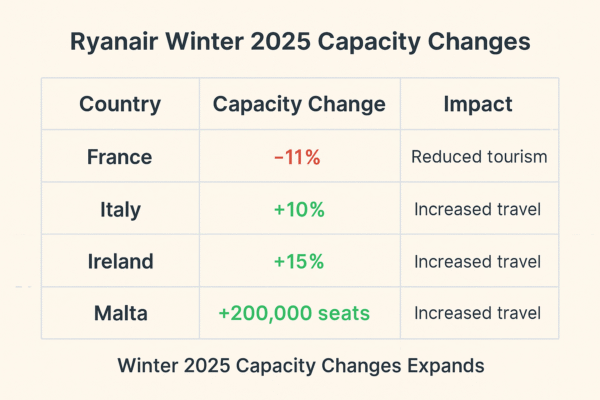Finland is taking a bold stride in sustainable tourism by introducing its own version of Copenhagen’s award-winning CopenPay program, tailored for Helsinki and beyond. This initiative, known as CopenPay Finland, aims to motivate eco-conscious travelers through a unique rewards system: travelers who make environmentally responsible choices—such as using public transport, dining on local seasonal produce, choosing green hotels, or engaging in community efforts—earn perks like free experiences, discounts, and authentic local interactions. The program transforms ordinary sustainable actions into memorable rewards, merging environmental responsibility with tourism enjoyment.
What Exactly is CopenPay—and How Finland Adopts It
Originally launched in Copenhagen during the summer of 2024 by the destination marketing organization Wonderful Copenhagen, CopenPay encouraged tourists to make sustainable decisions by exchanging everyday eco-actions (cycling, picking up litter, volunteering in urban gardens, arriving by train) for rewards. Participants could enjoy free bike rentals, boat tours, museum access, and even lunches—creating a fun, trust-based system that bridged the gap between intention and action.
The pilot was remarkable: it expanded rapidly, involving over 90 attractions by summer 2025, and achieving measurable environmental impact such as a 29% rise in sustainable transport and over 1,200 kg of litter removed. The program not only inspired more responsible traveler behavior but also garnered global recognition—citing the need for tourism to become a force for good, not an environmental burden.
Inspired by Copenhagen’s success, Helsinki’s Tourism Director, Nina Vesterinen, confirmed that Finland will roll out its own local adaptation geared toward regenerative tourism across the Nordic and Baltic regions. Finland’s approach will highlight regional collaboration and sea‑restoration projects such as the Baltic Sea initiative, and the program is poised to reinforce Helsinki’s standing as a green-tourism leader.
What Tourists Stand to Gain
With CopenPay Finland, visitors will be empowered to make eco-friendly decisions while enjoying tangible rewards. Examples may include:
- Transport choices: Arriving by train or using public transit might unlock free bike rentals, guided walking tours, or café vouchers.
- Food habits: Choosing farm‑to‑table seasonal menus or plant-based meals could earn discounts at local eateries or cooking workshops.
- Green participation: Activities like litter cleanups, volunteer conservation work, or visiting urban gardens may come with complimentary tickets to museums, islands, or wildlife reserves.
By aligning traveler behavior with sustainability, the program strengthens community ties, supports local businesses, and showcases Finland’s rich landscapes—from Helsinki’s coastal charm to Lapland’s wild serenity—without sacrificing environmental integrity.
A Growing Global Movement
CopenPay Finland is part of a broader movement: destinations globally—including Berlin, Bremen, and beyond—are adopting eco-incentive models inspired by Copenhagen’s framework. Berlin is exploring a tailored version in coordination with its tourism partners, while Bremen recently partnered with Deutsche Bahn to reward train travelers with local vouchers and gift bags.
Given the United Nations’ projection that international tourism will rise from 1.4 billion arrivals in 2019 to 1.8 billion by 2030, these initiatives address the urgent need for sustainable tourism solutions.
Empowering Travelers as Changemakers
CopenPay’s philosophy transforms tourists from passive consumers into proactive participants. Rather than imposing restrictions, it incentivizes greener decisions through joyful rewards and meaningful local engagement. As the CEO of Destination Think, Rodney Payne, noted, the CopenPay model demonstrates how destinations can embed sustainability into the visitor experience while forging authentic connections.
Similarly, analysts observe that while such programs are highly effective motivators, they must be part of broader strategies addressing high-impact behaviors—particularly reducing aviation emissions, which remain one of tourism’s most significant environmental challenges.
What’s Next for Finland—and for Travelers
- Official launch: Helsinki is preparing to unveil CopenPay Finland in the coming months, alongside promotional campaigns and partnerships with local eco-attractions and hospitality businesses.
- Regenerative framework: The program will interlink with initiatives like Baltic Sea restoration, encouraging direct tourist participation in volunteering and conservation.
- Regional expansion: Finland aims to establish a cross-border Nordic-Baltic sustainable tourism network, fostering collective action and shared rewards across multiple cities.
- Monitoring outcomes: Performance metrics—visitor engagement, environmental impact, and economic benefits—will guide program refinement and potential year-round extension.
Conclusion
Finland’s adoption of CopenPay marks a pioneering fusion of tourism and environmental stewardship. By rewarding green choices with authentic local experiences, CopenPay Finland elegantly demonstrates that sustainable travel is both effortless and enriching. Tourists now have every reason to travel thoughtfully—earning more than memories, but meaningful connections and a lighter footprint. As such programs become the new travel norm, Finland positions itself at the forefront of regenerative tourism, offering a blueprint for how destinations can embrace sustainability while strengthening cultural and ecological vitality.
For more travel news like this, keep reading Global Travel Wire
















